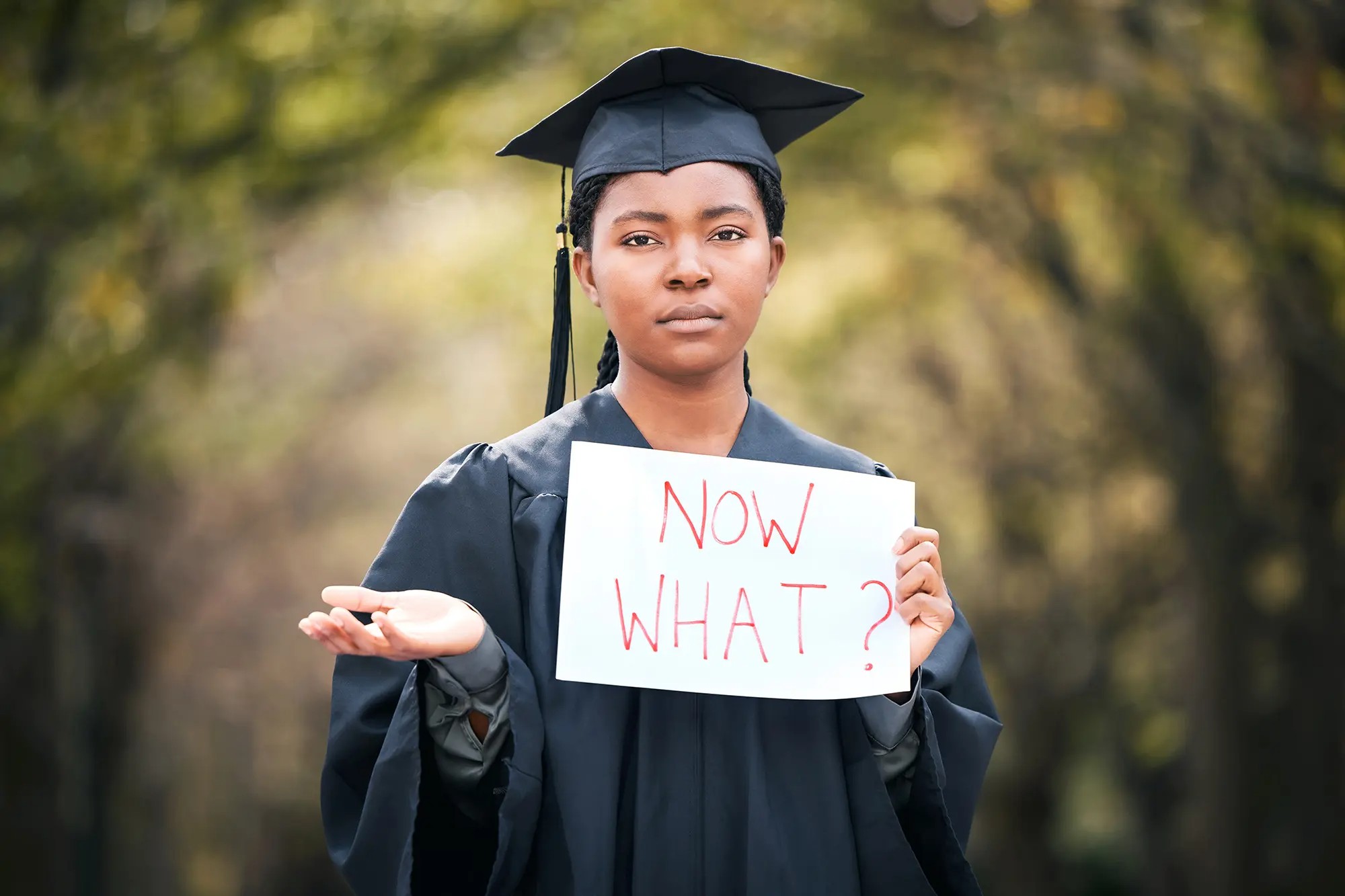From baby class to Form Four, Kenyan students learn about how the world works. Yet, stepping outside the school gates reveals a stark contrast between our classroom understanding and the reality we face.
In the confines of a classroom, there’s structure: the bell rings, notes are copied, teachers are respected, questions are asked, and answers are either right or wrong. But outside these walls, we encounter lessons no textbook can prepare us for.
From baby class to Form Four, Kenyan students learn about how the world works. Yet, stepping outside the school gates reveals a stark contrast between our classroom understanding and the reality we face.
The syllabus teaches an eighth grader that honesty is a virtue and corruption is wrong. It emphasizes that leadership should be about serving the people. Yet, we return home to headlines of powerful individuals, who have embezzled millions, smiling in their suits, unpunished for their actions.
Students who break school rules face consequences, while lawmakers—those who should uphold the law—often evade punishment themselves.
In Form Four, we’re told hard work pays off. We study diligently for exams, cramming notes and dreaming of white-collar jobs. Meanwhile, we witness school dropouts driving flashy cars while our degree-holding siblings sit jobless at home.
Read More
What message does this send? It suggests that the curriculum hasn’t evolved since 2005. The world is changing rapidly—with TikTok, Instagram, X, influencer culture, and emerging trends—yet the syllabus still focuses on memorizing geographical features and outdated computer terminology.
How can a Form Four student navigate life in 2025 armed with lessons from 1999? Where are the teachings on mental health, online safety, entrepreneurship, digital finance, and gender equality?
In truth, many of us apply only about 10% of what we learned in school. Life often feels disconnected from the narratives in our primary English textbooks. We’re instilling dreams in learners that no longer resonate with the realities they face.
In school, we’re taught to sit up straight, ask questions, raise our hands, work hard, and follow rules. But once we leave, those rules often seem irrelevant. Sometimes, adhering to the rules leads to stagnation, where honesty fails, and the diligent find themselves overlooked.
This confusion hits hardest during adolescence. Young people start to see the cracks in the system, leading some to rebel, others to give up, and many to lose faith—not in education, but in life itself.
So, what’s the point of twelve years of schooling when a friend who dropped out is thriving? Or when a girl is advised to stay in school and exercise self-respect, only to see her friend monetize content on TikTok? When I’ve been taught to save money, yet I watch my neighbor scam others and prosper?
Who becomes my role model? I was educated to pass exams, but not to navigate life. I was told the sky is the limit, yet I aim for a world that feels unattainable.
Despite the outdated syllabus, we cannot discard education. Instead, we must find ways to improve it. Let’s teach students skills that align with the challenges they face daily—skills like critical thinking, digital responsibility, the courage to speak up, mental health awareness, and financial literacy. These are the skills that truly prepare us for the real world.



-1772102940-md.jpg)


-1772090413-1772095461-md.jpg)
-1772094026-md.jpg)

-1772102940-sm.jpg)


-1772090413-1772095461-sm.jpg)